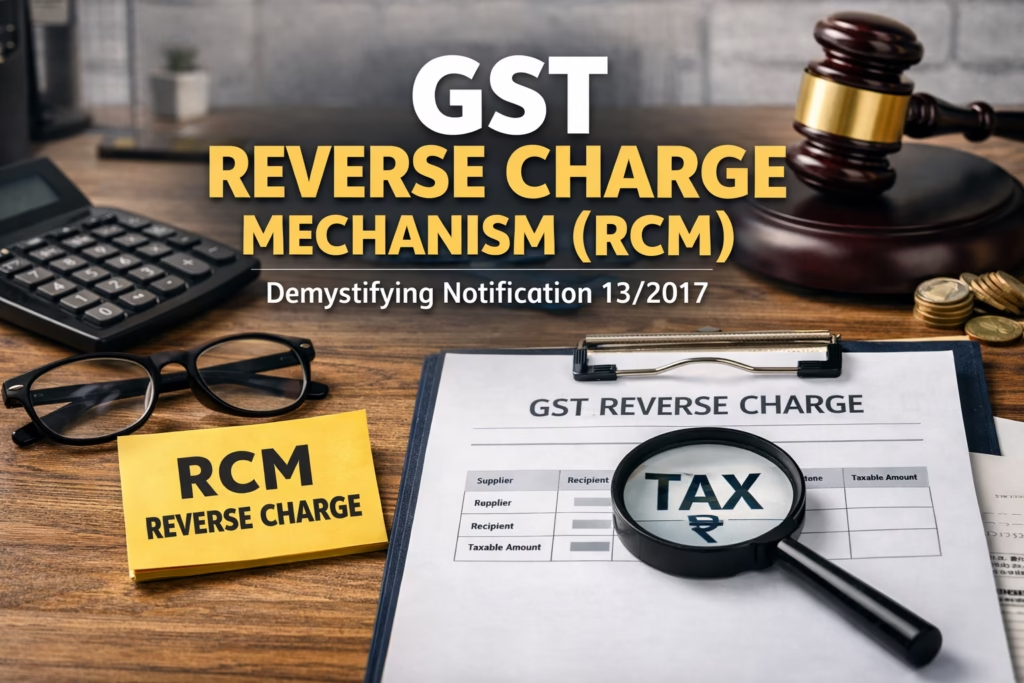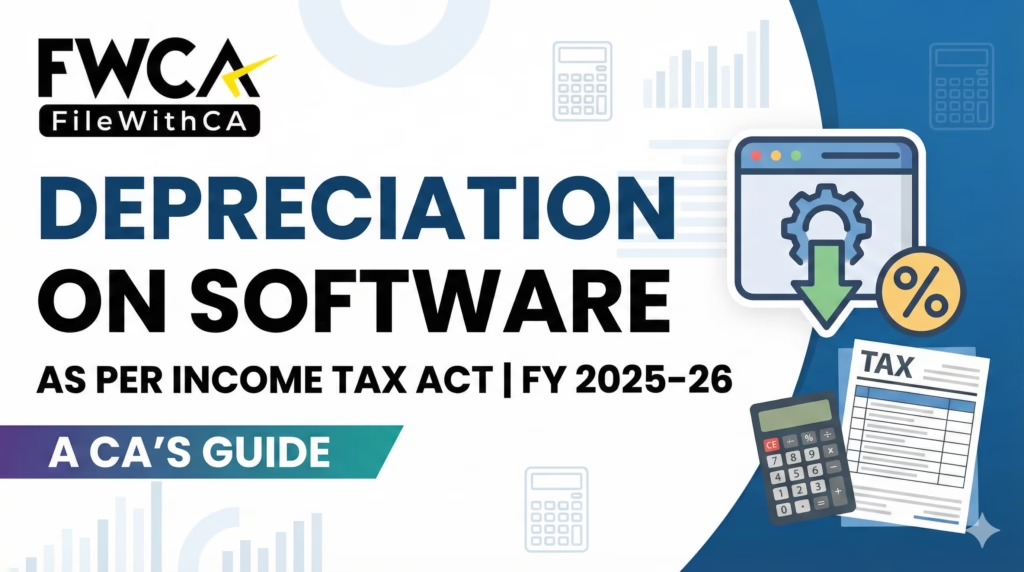What Is GSTR-9C Penalties | A Comprehensive Overview | 2024

The GSTR-9C is an audit form required by the Goods and Services Tax (GST) laws in India. It serves as a reconciliation statement between the annual returns filed in GSTR-9 and the figures as per the audited accounts of a taxpayer. Understanding the penalties associated with GSTR-9C is crucial for businesses to ensure compliance and avoid unnecessary financial burdens. Here we explore the penalties under GSTR-9C, the circumstances under which they are levied, and how businesses can avoid them.
Introduction to GSTR-9C
Contents
GSTR-9C is essentially a reconciliation statement prepared by a chartered accountant or a cost accountant that must be filed by taxpayers whose annual turnover exceeds INR 2 crores. This form verifies the accuracy of information provided in GSTR-9, the annual return, ensuring it matches the audited financial statements.
Reasons for GSTR-9C Penalties
Penalties for GSTR-9C can be levied for various reasons, including but not limited to:
- Late filing of the GSTR-9C form.
- Discrepancies between reported figures and audited accounts that are unexplained or unjustified.
- Failure to furnish required information or documents during the audit.
Penalty Provisions
The penalty for late filing of GSTR-9C is specific and is levied per day of delay. The current provisions under the GST law are as follows:
- Late Fee: A late fee of INR 200 per day (INR 100 under CGST and INR 100 under SGST) is charged. This is subject to a maximum of an amount calculated at 0.25% of the taxpayer’s turnover in the relevant state or union territory.
Additional penalties can be levied under Section 125 of the CGST Act if any of the declarations in GSTR-9C are found to be incorrect during scrutiny, inspection, investigation, or assessment. These penalties include:
- General Penalty: A penalty of up to INR 25,000 can be levied for any error not covered explicitly by any other specific penalty provisions under the GST laws.
Table of Penalties
Here is a detailed table showing the types of penalties related to GSTR-9C:
| Penalty Reason | Penalty Amount | Maximum Cap |
|---|---|---|
| Late filing of GSTR-9C | INR 200 per day (INR 100 CGST + INR 100 SGST) | 0.25% of turnover in the state |
| Incorrect declarations found | Up to INR 25,000 | – |
Avoiding GSTR-9C Penalties
To avoid penalties related to GSTR-9C, businesses should consider the following practices:
- Timely Filing: Ensure that GSTR-9C is filed before the deadline to avoid late fees.
- Accurate Reconciliation: Reconcile the figures in GSTR-9C with the audited financial statements meticulously. Discrepancies should be identified and corrected before filing.
- Professional Assistance: Engage with a qualified chartered accountant or cost accountant who can assist in preparing accurate and compliant GSTR-9C forms.
- Record Keeping: Maintain proper records and documentation to support the figures reported in GSTR-9 and GSTR-9C. This practice is crucial if the filings are scrutinized by tax authorities.
- Stay Updated: Keep abreast of any changes in GST laws and filing requirements. Regulatory updates can sometimes modify filing procedures, deadlines, or penalty structures.
Conclusion
Understanding and complying with the requirements for GSTR-9C can help businesses avoid penalties and ensure smooth operations within the regulatory framework of GST in India. It’s imperative for businesses to not only understand these regulations but also implement robust systems and practices to manage their GST compliance effectively. By doing so, businesses can mitigate the risks of penalties and contribute to a transparent and compliant business environment.







Leave a Reply